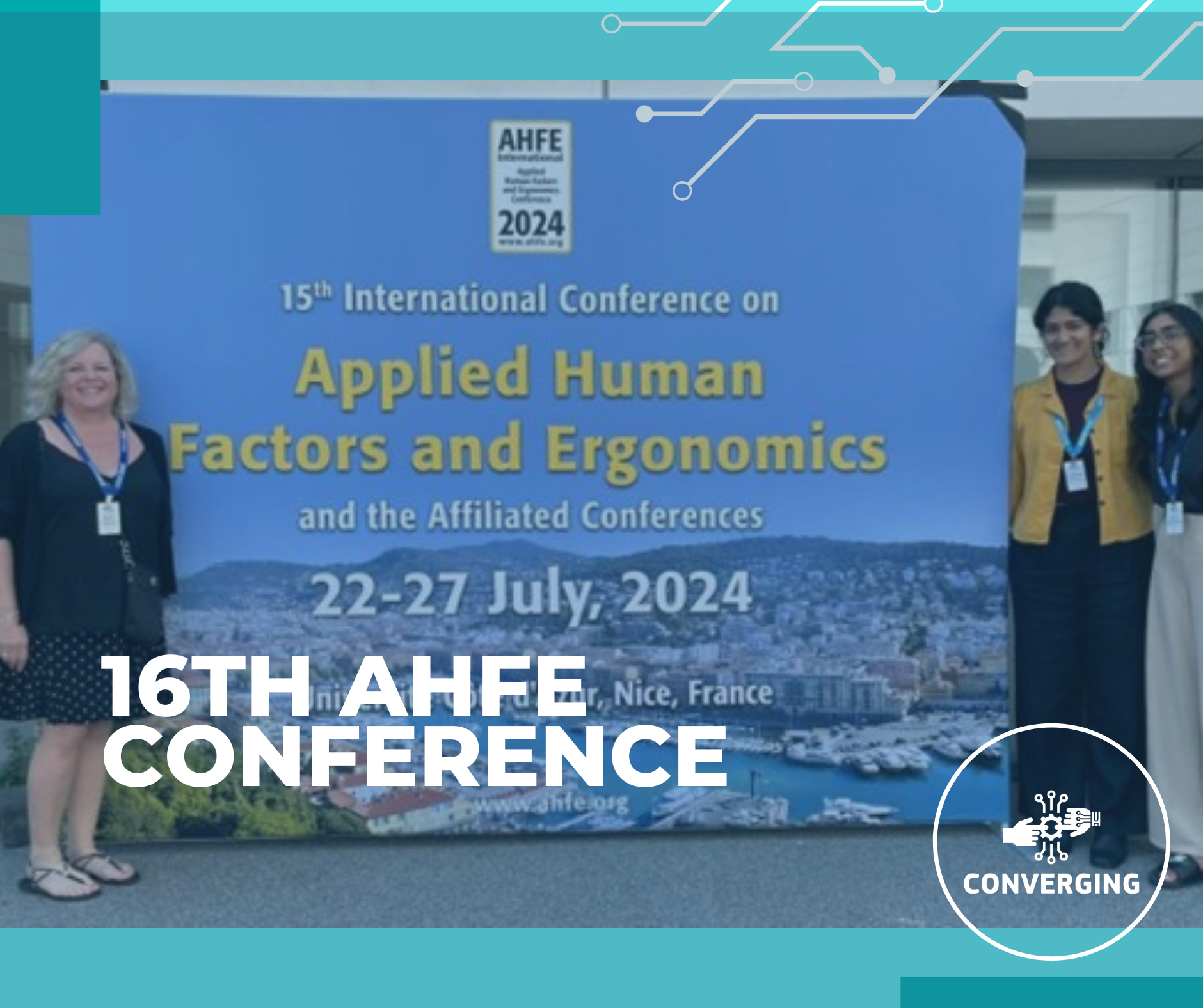Cranfield University Showcases Human-Centric Innovation at International Human Factors Conference
Cranfield University recently showcased its groundbreaking research in human factors at the International Conference on Applied Human Factors and Ergonomics (AHFE), held in July at Université Côte d'Azur in Nice, France. The presentation focused on the CONVERGING project’s efforts to embed human-centric principles into the design of smart production systems—aligned with the vision of Industry 5.0.
As industries accelerate their digital transformation, it becomes increasingly vital to ensure that technological innovation remains deeply connected to human needs. In response, Cranfield University’s research explores how co-creation methods can serve as a bridge between cutting-edge automation and the real-world experiences of industrial operators.
Co-creation refers to structured, collaborative workshops that engage end-users—in this case, industrial operators—early in the design process. These sessions are crucial for gathering meaningful feedback, capturing ideas, and shaping the direction of future smart manufacturing systems. The goal? To ensure that innovation is not only technologically advanced but also truly user-centered.
In the context of the CONVERGING project, co-creation workshops were conducted across each of the project’s use cases. These interactive sessions empowered operators to:
-
Express their needs and expectations
-
Contribute ideas for the envisioned technologies
-
Enhance their sense of ownership and trust in the system’s design
By placing users at the heart of system development, the CONVERGING project strengthens both the acceptance and usability of next-generation production systems. This aligns closely with the Industry 5.0 framework, which prioritizes resilience, sustainability, and human well-being in industrial innovation.
The full research paper, titled “Collaboration and Co-creation in Industry 5.0: User-engagement with industrial operators through co-creation workshops”, is available in the official conference proceedings. It offers a comprehensive overview of the methodology, insights, and implications of the co-creation approach.

